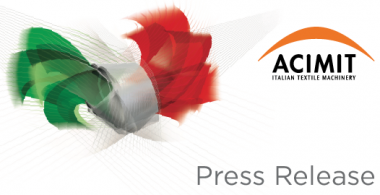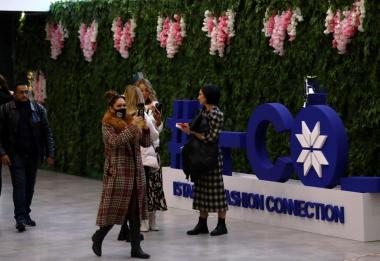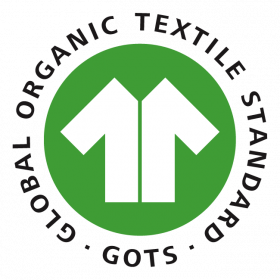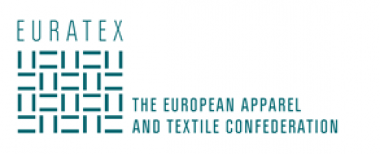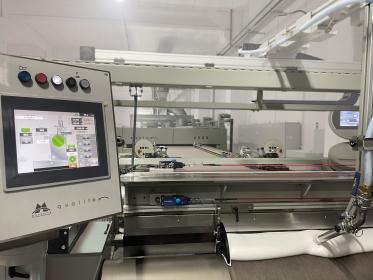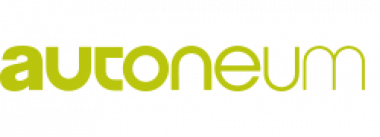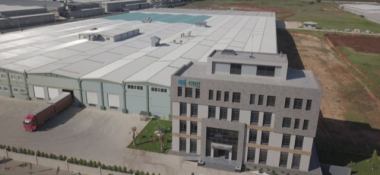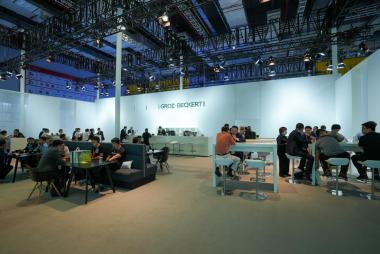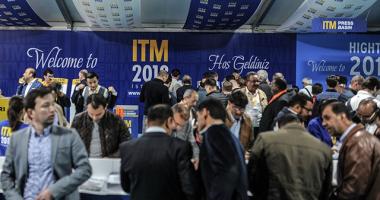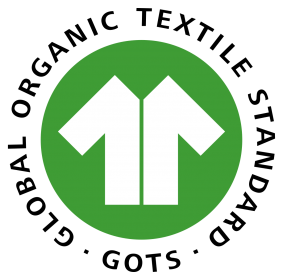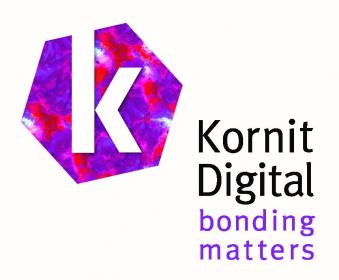Italian Textile Machinery at Techtextil North America 2022
The next edition of Techtextil North America will take place in Atlanta from May 17nd to 19th. At Atlanta ACIMIT, the Association of Italian Textile Machinery Manufacturers, and Italian Trade Agency organize an Italian Pavilion, where 17 Italian machinery manufacturers involved in the production of machines for technical textiles will show their innovative solutions.
ACIMIT members exhibiting in the Italian Pavilion are: 4M Plants, Aeris, Arioli, Computer House, Fadis, Flainox, Guarneri Technology, Ima, Kairos Engineering, Mcs, Ramina, Siltex, Stalam, Testa, Willy.
The US textile industry is one of the top in US manufacturing sector, with a sales volume of exceeding US$ 64 billion in 2020, with approximately 300,000 workers and about 15,000 companies. The industry's strength lies in cotton, man-made fibers, and a wide variety of yarns and fabrics, including those for apparel and industrial uses.
In 2021, the USA represented the third market for Italian textile machinery exports, behind China and Turkey. In 2021 January-September period the value of Italian sales to US market was 93 million Euros, an increase of 74% compared to the same period of the previous year.
ACIMIT


